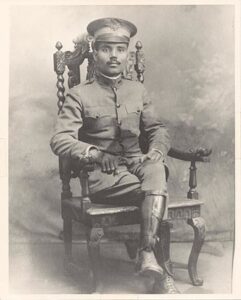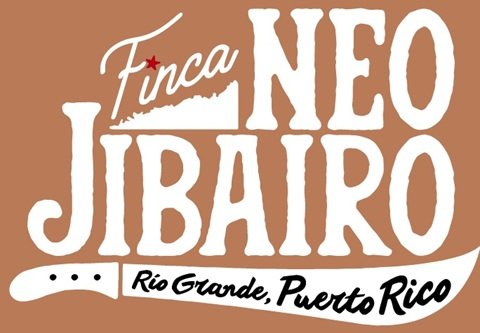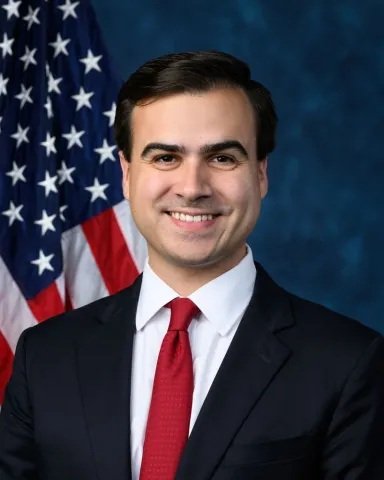 Pedro Albizu Campos (1891 – 1965) was a Puerto Rican attorney, social activist, and politician known for his work in the Nationalist Party of Puerto Rico. He was the first Puerto Rican Harvard graduate, where much of his nationalist and independence ideals developed. Albizu Campos is a symbol of Puerto Rican liberation from colonialism and inspired many to fight for independence.
Pedro Albizu Campos (1891 – 1965) was a Puerto Rican attorney, social activist, and politician known for his work in the Nationalist Party of Puerto Rico. He was the first Puerto Rican Harvard graduate, where much of his nationalist and independence ideals developed. Albizu Campos is a symbol of Puerto Rican liberation from colonialism and inspired many to fight for independence.
Pedro Albizu Campos was born September 12, 1891 in Barrio Tenerías, a rural sector in Ponce, Puerto Rico. He had a difficult upbringing as his mother was a daughter of slaves who died when he was young, and his Basque merchant father neglected him throughout his childhood.
Nevertheless, Albizu Campos went to study Chemical Engineering at the University of Vermont with a scholarship. In 1913, he transferred to Harvard University to continue his degree while also majoring in literature. Albizu Campos’ time at Harvard was filled with many extracurricular activities that provided insight to him in his fight for Puerto Rican independence.
Albizu Campos started his public activism during his university years. He was involved with issues regarding Latin America and is known to have been influenced by Rabindranath Tagore, a visiting Hindu poet, and Éamon De Valera, an Irish revolutionary leader. The last was important as the Irish revolutionary movement held similarities with the Puerto Rican colonial struggle. Albizu Campos supported the Irish independence movement fully through council organization, conferences, and debates. In 1922, he would consult in the drafting of the Constitution of the Irish Free State.
 Albizu Campos also entered the ROTC while at Harvard, where he studied Military Science. He believed that military organization was necessary for Puerto Ricans to obtain a defensive structure. He volunteered in World War I and was sent to Puerto Rico as he had requested, and there he gained the rank of First Lieutenant and organized a company of Home Guards (a volunteer unit). After his discharge in 1919, he returned to Harvard to complete his studies.
Albizu Campos also entered the ROTC while at Harvard, where he studied Military Science. He believed that military organization was necessary for Puerto Ricans to obtain a defensive structure. He volunteered in World War I and was sent to Puerto Rico as he had requested, and there he gained the rank of First Lieutenant and organized a company of Home Guards (a volunteer unit). After his discharge in 1919, he returned to Harvard to complete his studies.
By 1921, he had completed his Chemical Engineer major, obtained a degree in Philosophy and Letters, Military Science, and gained enough credits to receive a Law Degree. Thus, becoming the first Puerto Rican to graduate from Harvard.
Despite all his accolades, his university experience was mired by economic struggle and racial discrimination. To cover his living expenses and part of his tuition, he had to work as a tutor, teacher, and newspaper writer. Albizu Campos was supposed to graduate in 1921 with his law school class with the highest honors, but a professor delayed his exams. He had to take them in Puerto Rico in 1922 and finally received his diploma in 1923. He was fluent in English, French, German, Greek, Italian, Latin, and Portuguese, skills that opened doors for him in the U.S. government, but Albizu Campos rejected them for Puerto Rico.
His new political era was marked by his presidential selection in the Puerto Rican Nationalist Party in 1930. With the electoral elections in sight for November 1932, the party centered its views on securing positions that were determined by public votes. They had public meetings, rallies, published their own newspapers, and Albizu Campos campaigned on the radio. However, by the end of 1931, Nationalist writings and broadcasts were censored on the Island. In the end, the Nationalist Party only succeeded in obtaining five thousand votes.
The 1930s was the decade that Albizu Campos solidified himself as a supporter of worker’s rights. From farmer strikes, high gasoline prices and low-quality flour protests, and ultimately the halt of the sugar industry, he always achieved the demands.
By 1934, the police force in Puerto Rico was militarized to stop the organization of the Nationalist Party and Albizu Campos. In 1935, four Nationalists died when policemen opened fire on their vehicle outside the campus of the University of Puerto Rico-Río Piedras.
 Following the Río Piedras Massacre, two Nationalists assassinated Colonel Riggs in 1936, which ended in the arrest and charge of seditious conspiracy of Albizu Campos. He and eight other Nationalists were sent to Atlanta Penitentiary in 1937. Albizu Campos’ health would begin to deteriorate during this first arrest.
Following the Río Piedras Massacre, two Nationalists assassinated Colonel Riggs in 1936, which ended in the arrest and charge of seditious conspiracy of Albizu Campos. He and eight other Nationalists were sent to Atlanta Penitentiary in 1937. Albizu Campos’ health would begin to deteriorate during this first arrest.
After a decade in prison, he returned to Puerto Rico to oppose the commonwealth status. He was arrested again after organized attacks reached President Truman in Blair House in Washington, D.C. Albizu Campos was sentenced to 80 years in prison but was pardoned by Governor Luis Muñoz Marín in 1953. It was revoked a year later when Nationalists attacked the U.S. House of Representatives.
While in prison, Albizu Campos’ health was rapidly deteriorating until he suffered a stroke in 1956. During this time, he alleged being poisoned by radiation. This would be confirmed by the U.S. Department of Energy in 1994, who said to have conducted human radiation experiments on prisoners.
Albizu Campos’ political torture was denounced internationally by governments in Argentina, Brazil, Chile, and Spain. At the same time, protests had erupted throughout Latin America, Europe, and Asia, fearing his death in prison.
Governor Luis Muñoz Marín would pardon Pedro Albizu Campos for the last time on November 15, 1964. Albizu Campos passed away in San Juan, Puerto Rico on April 21, 1965. More than 100,000 people followed the procession from the Ateneo Puertoriqueño to the Santa María Magdalena de Pazzis Cemetery in Old San Juan.
 Researched and Written by: Arantxa Quiñones is a translator and nonfiction writer based in San Juan, Puerto Rico. For more of her work or to Contact her, please check out her Upwork Profile.
Researched and Written by: Arantxa Quiñones is a translator and nonfiction writer based in San Juan, Puerto Rico. For more of her work or to Contact her, please check out her Upwork Profile.



